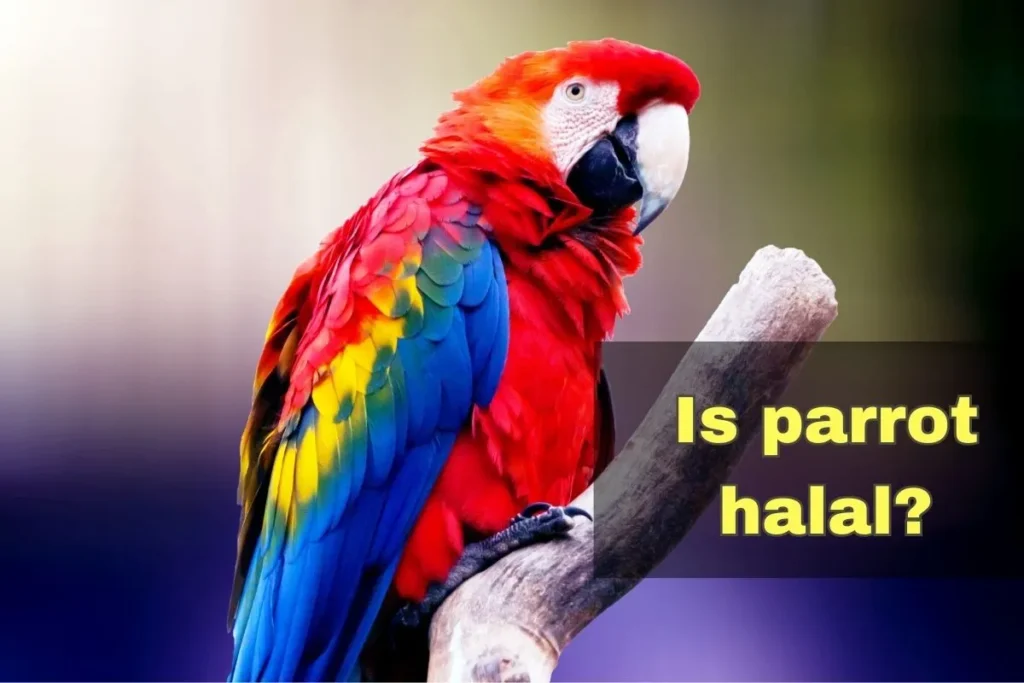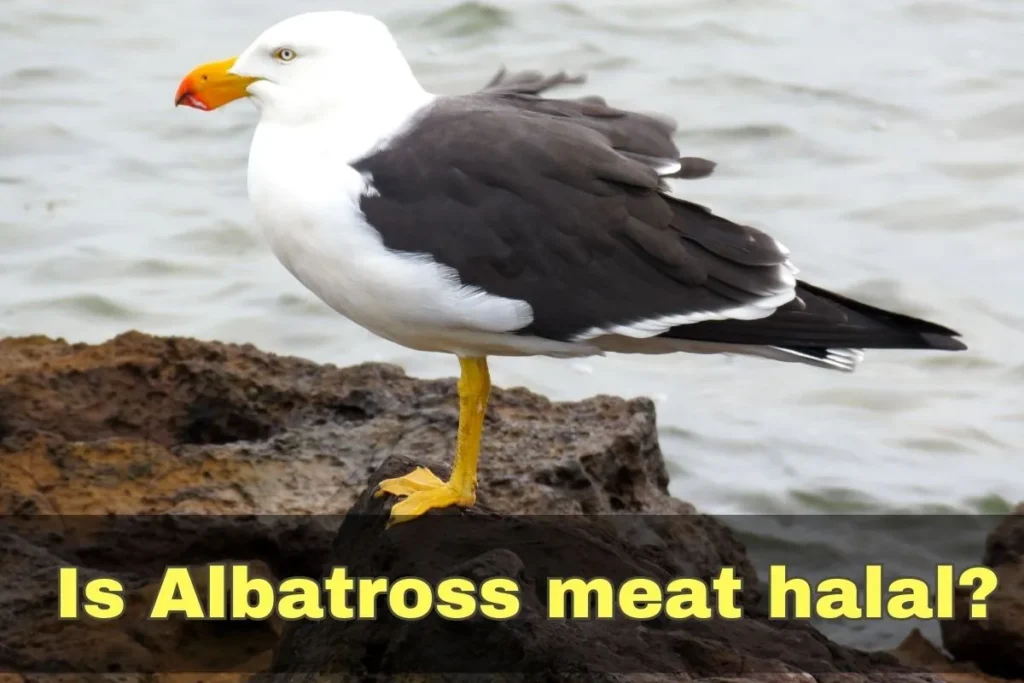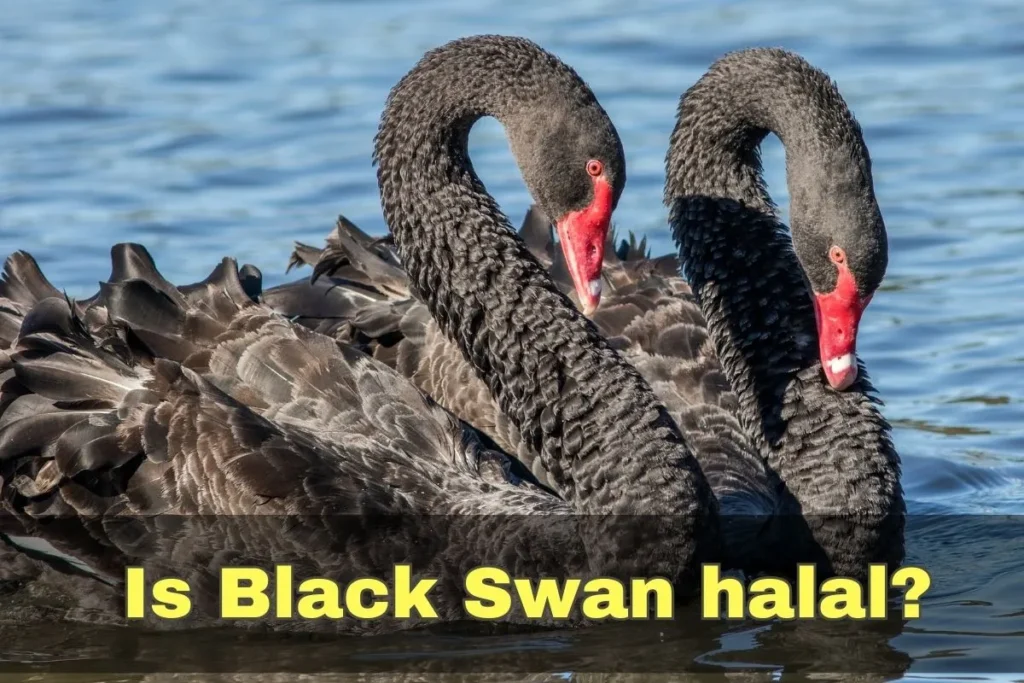Are you curious about the religious implications of owning a pet parrot? Specifically, are you wondering if feeding yourself or others any part of a parrot could violate traditional halal principles observed by most Muslims?
Today we’ll explore our main question: is parrot halal? And why and how keeping parrots as pets relates to questions surrounding the halal status of these beloved birds. Let’s dive deeper and find out together.
Key Takeaways
| 📌 Parrots, including various species like budgies, cockatiels, lovebirds, African grays, Amazon parrots, and macaws, are commonly kept as household pets and can have positive effects on human health. |
| 📌 The concept of halal and haram extends to dietary restrictions in Islam, with specific foods categorized as permissible or forbidden based on religious texts. |
| 📌 Parrots, being prey creatures facing threats in their natural habitats, are considered halal for consumption in Islam. However, the ecological impact and preservation of endangered species should also be considered. |
About Parrot

Parrots form one of five groups recognized by the International Union for Conservation of Nature for further study regarding their distinctiveness from other avian families. Of over 390 known species, six types are commonly kept as household pets across the world:
- budgies
- cockatiels
- lovebirds
- African grays
- Amazon parrots
- and macaws.
These unique creatures possess vibrant colorations and complex social structures, which makes them popular among nature enthusiasts and birdwatchers alike. Moreover, studies suggest that interacting closely with parrots can even benefit human health, reducing levels of stress hormones in owners who regularly handle and play with their feathered friends.
Understanding Halal
The concept of halal and haram pertains not only to aspects like prayer, worship, fasting, pilgrimage, and purification practices within the Islamic way of life but also extends to the realm of sustenance and dietary restrictions.
According to the tenets of Islam, there are specific foods, drinks, and ingredients that have been categorized as either lawful or unlawful for consumption, and strict adherents refrain from consuming those that fall into the latter group. The basis for this classification lies in religious texts like the Holy Quran and hadiths containing directives from Prophet Muhammad ﷺ (peace be upon him).
يَـٰٓأَيُّهَا ٱلنَّاسُ كُلُوا۟ مِمَّا فِى ٱلْأَرْضِ حَلَـٰلًۭا طَيِّبًۭا وَلَا تَتَّبِعُوا۟ خُطُوَٰتِ ٱلشَّيْطَـٰنِ ۚ إِنَّهُۥ لَكُمْ عَدُوٌّۭ مُّبِينٌ
“O humanity! Eat from what is lawful and good on the earth and do not follow Satan’s footsteps. He is truly your sworn enemy.”
Explanations about prohibited foods can be discovered in the holy scripture, the Quran, in particular verses such as Surah Al-Maidah Verse 3.
حُرِّمَتْ عَلَيْكُمُ ٱلْمَيْتَةُ وَٱلدَّمُ وَلَحْمُ ٱلْخِنزِيرِ وَمَآ أُهِلَّ لِغَيْرِ ٱللَّهِ بِهِۦ وَٱلْمُنْخَنِقَةُ وَٱلْمَوْقُوذَةُ وَٱلْمُتَرَدِّيَةُ وَٱلنَّطِيحَةُ وَمَآ أَكَلَ ٱلسَّبُعُ إِلَّا مَا ذَكَّيْتُمْ وَمَا ذُبِحَ عَلَى ٱلنُّصُبِ
“Forbidden to you are carrion, blood, and swine; what is slaughtered in the name of any other than Allah; what is killed by strangling, beating, a fall, or by being gored to death; what is partly eaten by a predator unless you slaughter it; and what is sacrificed on altars.“
Food that has been declared haram or impermissible to consume by Muslims based on Islamic teachings, comprises elements such as carrion, blood, pork, and meat not sacrificed in the name of God.
Additionally, Prophet Muhammad ﷺ (peace be upon him) spoke extensively regarding other types of animals considered haram or unclean for human consumption according to Islamic jurisdiction. These teachings provide clear guidance for practicing Muslims seeking to live lives rooted in compliance with divine principles.
كُلُّ ذِي نَابٍ مِنَ السِّبَاعِ فَأَكْلُهُ حَرَامٌ
Narrated Abu Hurairah that the Prophet Muhammad ﷺ (peace be upon Him) said :
“Every beast with fangs is forbidden to eat”
عَنِ ابْنِ عَبَّاسٍ قَالَ نَهَىرَسُولُ اللَّهِ -صلى الله عليه وسلم- عَنْ كُلِّ ذِى نَابٍ مِنَ السِّبَاعِوَعَنْ كُلِّ ذِى مِخْلَبٍ مِنَ الطَّيْرِ
“From Ibnu Abbas said: “The Messenger of Allah, may God bless him and grant him peace, forbade from every wild animal that has sharp teeth and claws (predators)”
Is Parrot Halal?
As prey creatures, parrots face constant threats of being hunted by predators in their natural habitats, including hawks, snakes, and others. This makes parrots halal (allowed) to consume.
Find out more :
Is owl halal in Islam?
Is pigeon halal to eat?
Final Thought
While religious permissibility grants individuals the right to consume parrots, it is crucial to recognize the ecological consequences of such actions. The continued consumption of endangered parrot species could further exacerbate their already vulnerable status, potentially leading to their extinction. Consequently, striking a balance between religious permissibility and environmental preservation becomes imperative.
Wallahu A’lam (Allah knows best)
FAQ
Is parrot meat halal?
Yes, you are allowed to eat parrot meat as long as you follow halal guides on animal slaughtering.
Can Muslims keep parrots?
Yes, Muslims are allowed to keep parrots as pets. Islam does not have specific prohibitions against keeping birds, including parrots, as long as their care and treatment align with ethical and humane principles.
Is it halal to keep a parrot as a pet?
Keeping birds as pets is allowed under the condition that they are not subjected to any form of abuse, neglect, or suffering.
Is parrot endangered?
Yes, Some species like scarlet macaw and military macaw are listed as endangered. (source)
- Is Pop Tarts Halal? What You Need to Know - February 18, 2024
- Are Graham Crackers Halal in Islam? - January 19, 2024
- Is Keebler Wheatables Halal? - January 18, 2024





